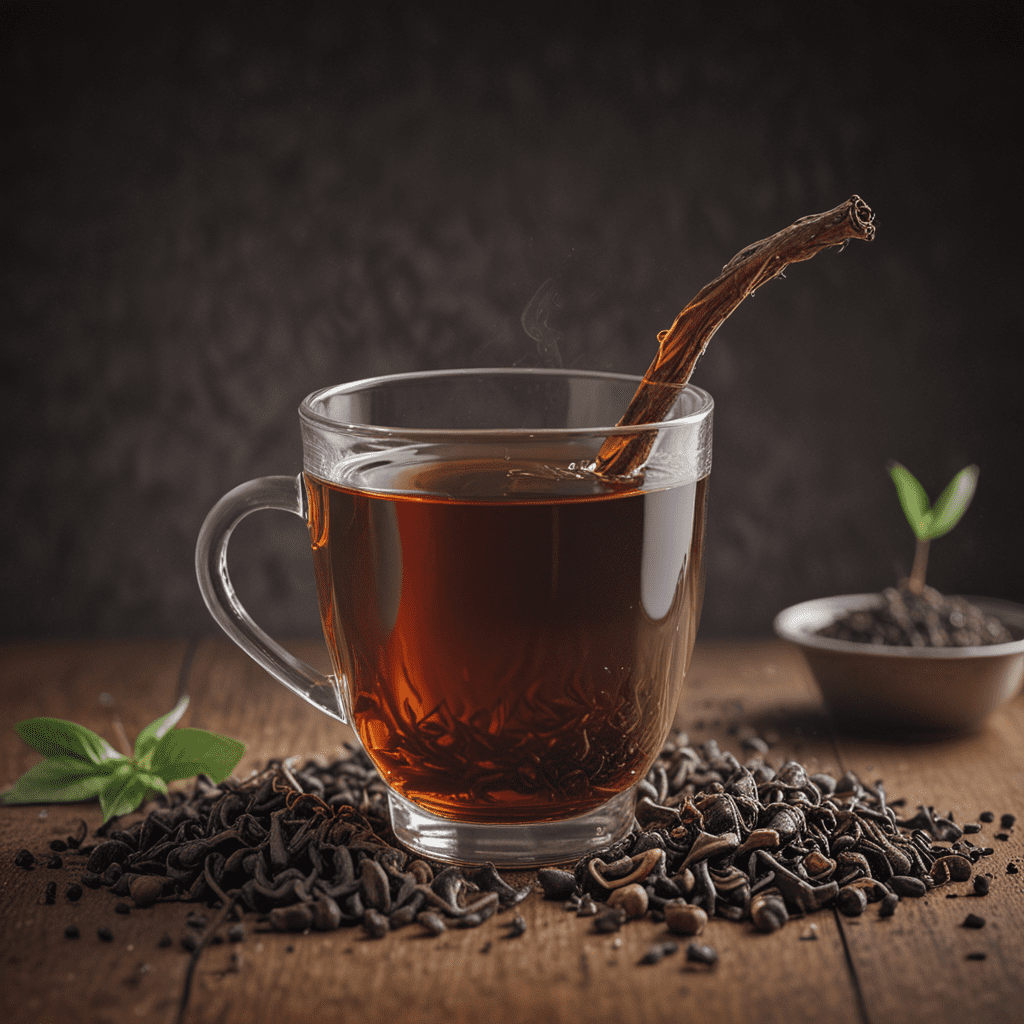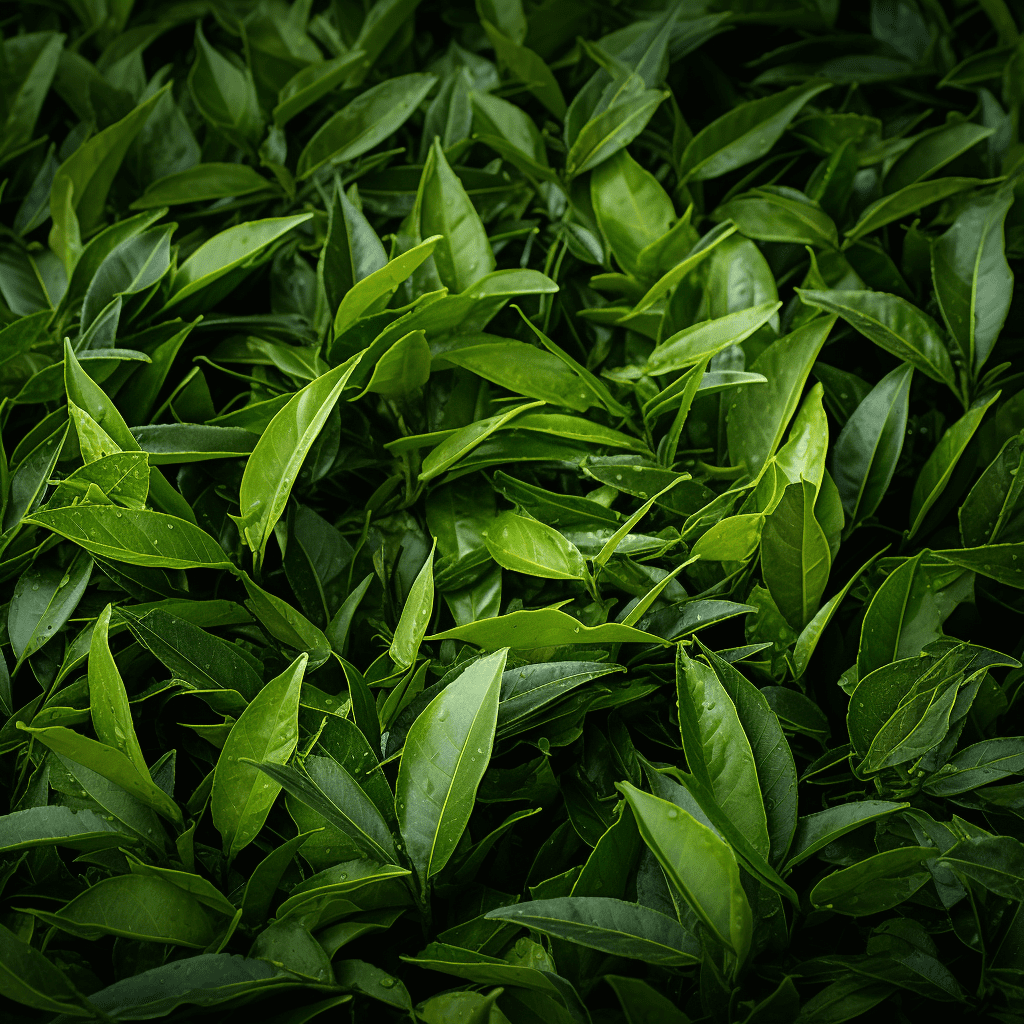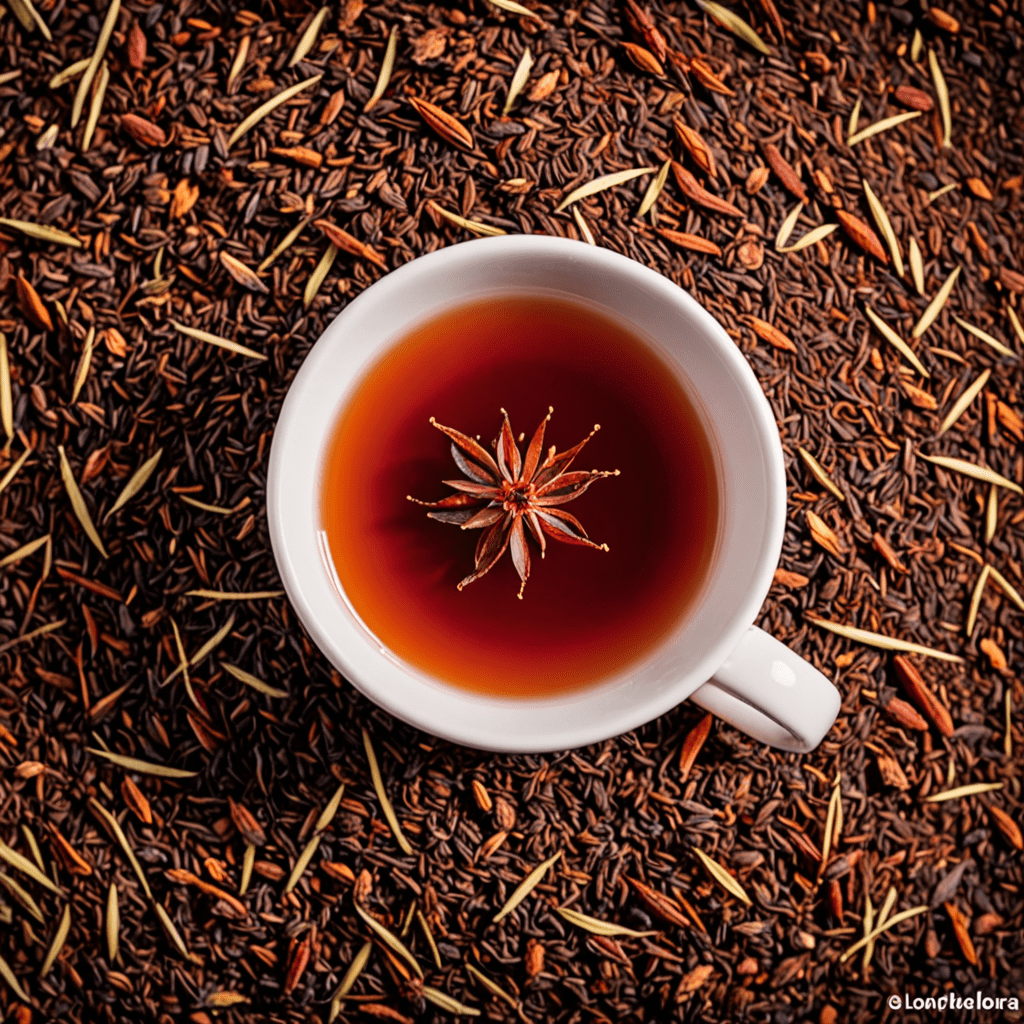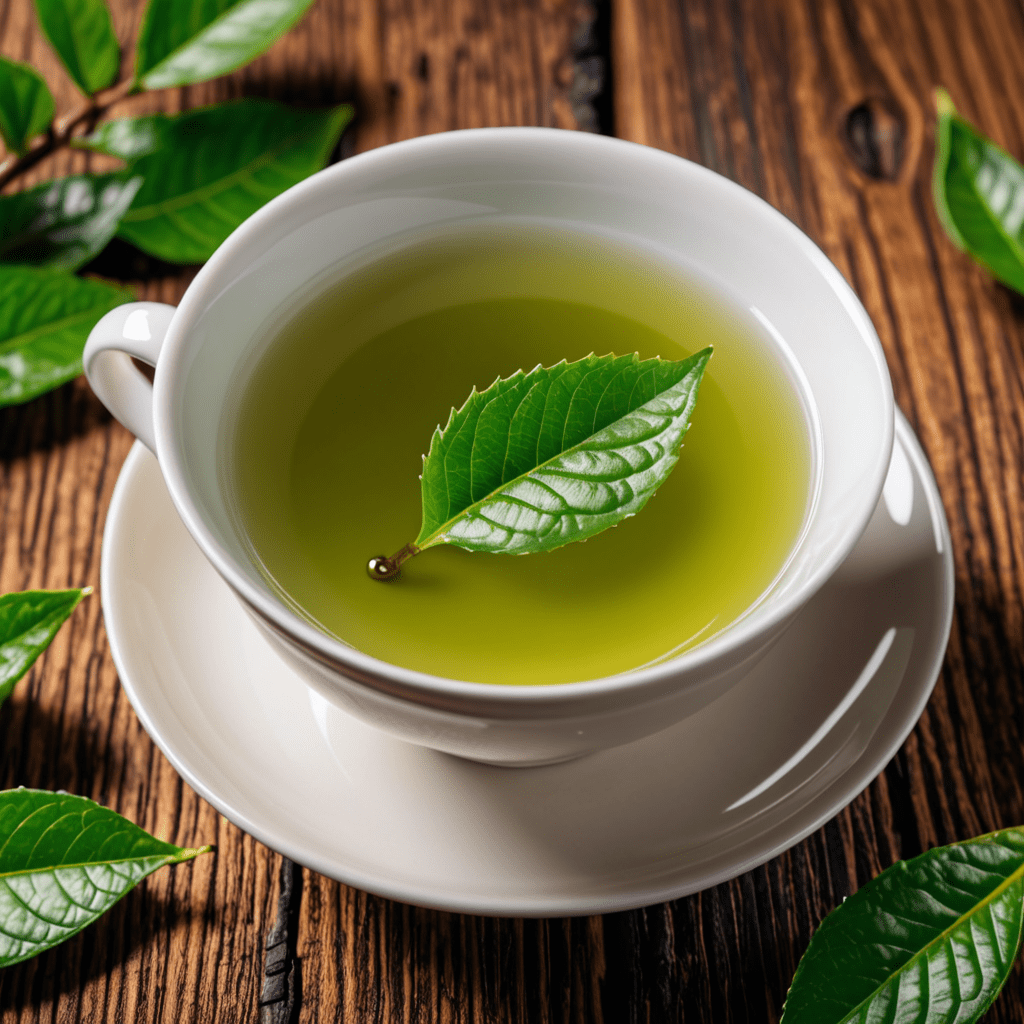Assam Tea: A Journey Through Flavor
Introduction: Exploring the Rich Heritage of Assam Tea
In the lush and verdant valleys of Assam, India, lies a rich heritage of tea cultivation that spans centuries. Assam tea, renowned for its robust flavor and malty aroma, has captivated tea enthusiasts worldwide. Embark on a captivating journey through the world of Assam tea, uncovering its origins, cultivation practices, and distinctive characteristics.
The Geographical Origins: Unveiling the Terroir of Assam
Nestled amidst the foothills of the Himalayas, Assam experiences a unique subtropical climate with abundant rainfall and fertile soil. These conditions, coupled with the Brahmaputra River's influence, create an ideal terroir for tea plants to thrive. The region's distinct geography contributes to the inimitable flavor profile of Assam tea, setting it apart from other tea-growing regions.
Cultivation Practices: Traditional and Modern Techniques in Harmony
Assam tea cultivation combines traditional practices with modern advancements. Small-scale farmers tend to their tea bushes meticulously, adhering to centuries-old techniques. Larger plantations employ modern machinery while maintaining a commitment to sustainable farming practices. The harmonious blend of tradition and innovation ensures the production of high-quality Assam tea that meets the demands of discerning tea drinkers.
Varietals and Processing: Unveiling the Diversity of Assam Tea
Assam boasts a diverse range of tea varietals, each contributing its unique characteristics to the final blend. The two primary varietals are Assamica and China Hybrid. The manufacturing process also plays a crucial role in shaping the tea's flavor. Assam tea is typically processed using the orthodox method, which involves withering, rolling, fermenting, and drying the leaves. This time-honored technique preserves the tea's natural flavors and aromas.
Tasting Profile: A Symphony of Bold Flavors and Aromas
Assam tea is celebrated for its robust and full-bodied flavor. It possesses a rich, malty character with hints of earthiness and chocolate. The liquor ranges from a deep amber to a vibrant reddish hue, reflecting the tea's strength and complexity. A cup of Assam tea offers a captivating sensory experience, captivating the palate with its boldness and lingering aftertaste.
Health Benefits: Exploring the Medicinal Properties of Assam Tea
Beyond its captivating flavor, Assam tea is also renowned for its medicinal properties. It contains a rich array of antioxidants, including polyphenols and flavonoids, which have been linked to numerous health benefits. Studies suggest that regular consumption of Assam tea may support heart health, reduce inflammation, and improve blood sugar control. It is also believed to have antibacterial and antiviral effects, making it a potential ally in strengthening the immune system.
Cultural Significance: Assam Tea as an Integral Part of Indian Culture
Assam tea holds a special place in Indian culture and is deeply entwined with the region's heritage. It is a staple beverage enjoyed across the country, from bustling cities to remote villages. The tea industry has played a vital role in Assam's economy and society, shaping the lives of countless individuals. Assam tea has also inspired art, music, and literature, further solidifying its cultural significance.
Production and Trade: Sustaining a Thriving Industry
Assam is India's largest tea-producing region, accounting for over half of the country's total output. The industry employs millions of people, from farmers to factory workers, and contributes significantly to the local economy. Assam tea is exported to markets worldwide, where it is prized for its quality and distinctive flavor. Sustainable practices are being adopted to ensure the longevity of the industry and preserve the region's ecological balance.
Brewing Guide: Unlocking the Perfect Cup of Assam Tea
To fully appreciate the complexities of Assam tea, it is essential to brew it with care. The ideal brewing method involves using freshly drawn water brought to a rolling boil (205-212°F). Add 2-3 grams of loose-leaf tea per 8 ounces of water. Steep for 3-5 minutes, depending on desired strength. Strain the tea into a warm cup and savor its rich aroma and robust flavor. Assam tea can be enjoyed with or without milk and sugar, as per personal preference.
Conclusion: The Enduring Legacy of Assam Tea
Assam tea is a testament to the rich cultural and natural heritage of India. Its bold flavors, medicinal properties, and cultural significance have made it a beloved beverage worldwide. The enduring legacy of Assam tea is a tribute to the dedication of countless individuals who have cultivated, processed, and shared this exceptional treasure with the world.
FAQ
Q: What is the difference between Assamica and China Hybrid tea varietals?
A: Assamica varietals are native to Assam and produce large, dark green leaves with a robust and malty flavor. China Hybrids are a cross between Assamica and Chinese varietals, resulting in a more delicate and nuanced flavor profile.
Q: How does Assam tea differ from other types of black tea?
A: Assam tea is known for its bold and full-bodied flavor, with rich malty notes. It is typically stronger and more robust than other black teas, with a higher caffeine content.
Q: Is Assam tea suitable for all types of brewing methods?
A: Assam tea is versatile and can be brewed using various methods, including loose-leaf, tea bags, and tea presses. However, brewing with loose-leaf tea allows for greater control over strength and flavor.
Q: Can Assam tea be consumed daily?
A: In moderation, consuming Assam tea daily can provide potential health benefits. However, individuals sensitive to caffeine should limit their intake or consult a healthcare professional.



